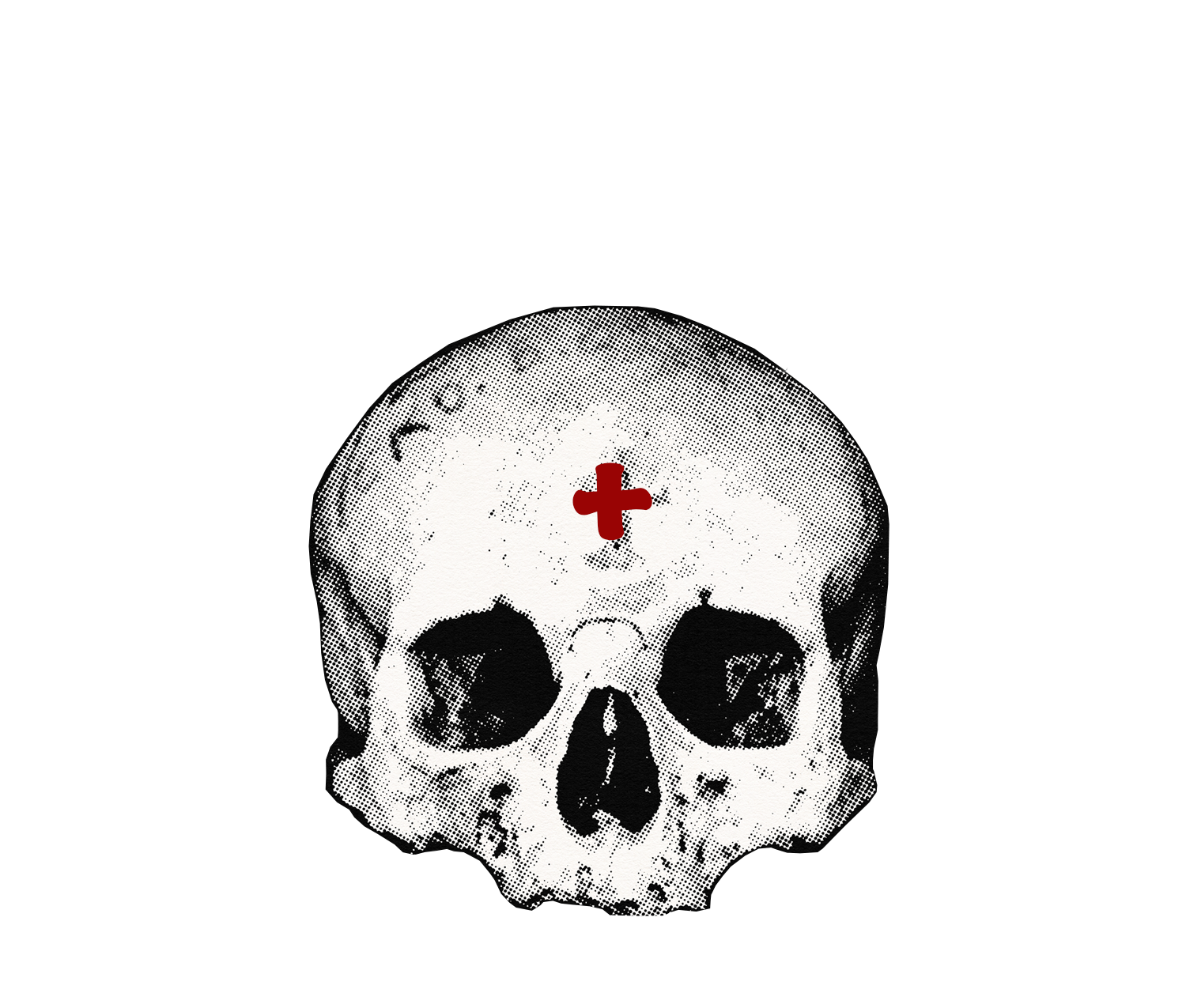“I find no peace and I am not at war, I fear and hope, and burn and I am ice; I fly above the heavens, and lie on earth, and I grasp nothing and embrace the world.”
– Petrarch
In my view, the world was dying. The sheltered Seventh-Day Adventist apocalyptic bubble of my childhood to the liberalized evangelical flirtations of my early youth offered me nothing. When my world was shattered at 16 when my parents split, God seemed completely absent. As I got older, suddenly everyone seemed to be dying around me. My parents were absent – one had moved halfway across the country, and one was on the road most of the time doing stand-up comedy. I had to learn to fight for myself, to somehow meander my way through an increasingly dead and fake world.
Everything to me was passionless – people worked for jobs they hated, they retired and did a trip or two, they died. The reality of life as a spiritual struggle, as a testing ground wherein the true self is forged – all this was seemingly never even thought of. Relationships and family were hives of falsehood and fake love.
And church – well, church was the epitome of feel-goodery, brief outbursts of charismatic evangelical joy and horrible praise songs mixed with prophetic pronouncements of doom and annihilating fire. I wanted nothing to do with the church crowd who were super-friendly with me in order to get me in the door and presumably “saved”, then ignored me once I was in. I had no interest in the praise and worship culture of many evangelical youth, nor the power-politics and false prophecies of Seventh-Day Adventism. It was all too human, all too fake.
The doom-and-gloom culture of the Adventism I was raised in, the hypocrisy, its intense paranoia concerning Roman Catholicism and the papacy all contributed to my forming an incredibly nasty antitheistic worldview. God became a tyrant, a tormentor who was simply itching to blast the world into oblivion and save the few goodie-goodies who remained and never questioned anything.
Combine the fact that I viewed the world as passionless, God as a sick tyrant, families and relatinships as fake, and Christianity as hypocritical, anti-intellectual and divorced from reality and you have a great recipe for a hateful antitheistic worldview.
Much like depression, which I suffered from intensely, antitheism and my so-called “satanism” was a wonderful crutch. In drowning myself in a cold view of reality as a struggle against a tyrant God, a Sisyphus-like lost cause that could only satiate itself with a “sex and death” fueled set of escapes from daily life, I managed to completely refuse to deal with life. But this state I was in came at an extremely high cost, and was “an unbearable torture, a hell with all of its consequences: Anger – one torment, pride – another torment; hatred – the third torment; avarice, wickedness, malice – hell, hell, hell.” (St. Justin Popovich)
The irony is that I think it was a driving love and passion for life that drove me into such a rebellious abyss. I was told by one therapist I saw that “it takes an intense amount of love to hate that much.” However, I had turned down a brutal dead-end. Misguided by hedonism, rebellion against God and crushing depression, I found out nearly too late what the wages of sin are.
However, I think it was Providence that I fell into antitheism rather than outright atheism. Antitheism, which is more akin to Nietzsche’s “atheism” (which was a choice he made, not something he innately believed), “is similar to a seed that has in it all the various elements of life. However, in order for this seed to give forth fruit and blossom with life, certain conditions ought to exist. Life exists in this seed, albeit dormant.” (Pope Shenouda III) It is indeed a blackened, evil seed. But within its interior, within my heart, there was still a deep yearning for truth, for God.
Much of my own error lay simply in my view of God, which was a mutant mixture of Calvinistic wrath and Adventist paranoia and prophecy. In this, we can see that antitheism is often based in an erroneous view of who God is.
As I gradually began to make my peace with God after a health scare years ago, I began to take faith seriously again. But it would be a long time before I embraced the Orthodox faith. Instead, I headed down the road to Rome as they call it, and was baptized in the Roman Catholic Church after much research, spiritual struggle and discernment.
Unfortunately, the faith I found still had elements of what had cause me to become antheistic in the first place. Once again, I became embittered and angry. I felt isolated again. I became prideful and arrogant. Roman Catholic theology and spiritual writing began to speak less and less to me – much of it was arid, clinical, and approached God as if He were a corpse to be dissected on an intellectual operating table.
Any remnant of my antitheistic worldview was only cured by Orthodoxy. In Orthodoxy I found that God really did love me, and not only as I was, but wanted me to be even more who I was meant to be.
God was no longer distant and imaginative, sitting upon a golden throne with a pious activity checklist, but deep within the heart and all around me too. God’s love was perceived by me in the past as a hellish fire that would not quit – this is precisely because I rejected this love, hated this love that would not quit or ever give up on me. It was the rejection of it that caused the flames within me.
These words in particular spoke to me the most – maybe they will speak to you too: “There are those who lead a life of sin and still seek the Lord. They do not wait until they become pure and sanctified. On the contrary, they seek the Lord to become pure and sanctified. Rather than trying to become sanctified in order to seek the Lord, they seek the Lord in the condition in which they are in order for the Lord to help them become pure, holy, and sanctified.” (Pope Shenouda III)
In joining the Roman communion, it seemed I had to be perfect from the start, to have my personal checklist of piety and perfection perfectly filled out, and then I could join. I felt like I had to be perfect to be healed, which is absurd; the perfect don’t need healing or saving. But with Orthodoxy, I was welcomed as I was. My wounds were all visible – all the stinking sores and gashes and broken bones, all of me. And the Orthodox Catholic Church still took me in. God had not abandoned me, but instead it seemed as though He swooped down, grabbed me by the hand and heart, and led me home.
As I said, in Orthodoxy I have found my antitheism, my hatred of God, cured. I no longer have the same questions I once did. I have a greater hope in the mercy and love of God, much more than I ever did in my life as an Adventist or a Catholic. The old saying that the Orthodox Church is a field hospital that treats sinners in the midst of battle is true. I am living proof of it. And though I am still continuing under heavy spiritual treatment, though the spiritual war is ever ongoing until my death, that horrific wound of antitheism has been cured.
I feel like I can walk for the first time.


